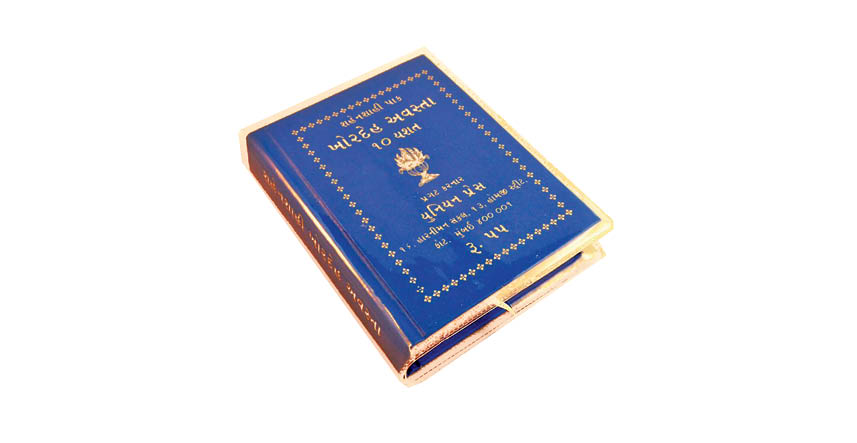.
For what is it to die but to stand naked in the wind and melt into the sun? And what is it to cease breathing, but to free the breath from its restless tides, that it may rise and expand and seek God unencumbered?
Only when you drink from the river of silence shall you indeed sing. And when you have reached the mountain top, then you shall begin to climb. And when the earth shall claim your limbs, then shall you truly dance…
In recent times, the words, and some of the unfortunate predictions, in the Jamaspi, have started manifesting themselves in the world around us. During this cycle of our existence, we are doomed to witness the loss of our young ones. It is with dejection that we hear the news of young lives snuffed out in their prime. We cannot even begin to fathom the pain and tragedy that strikes the families of the young ones. Words fail to assuage the deep core of total devastation felt by the parents of these children.
The question which predominantly rises in the mind is, Why? These were good people, living clean lives, never harming another soul… why were they taken away so fast, so before their time, from us. It seems unjust on the part of God and we end up questioning His wisdom in our times of deep sorrow. There are innumerable questions that we seek answers to, so that we can deal with the shock of such incidents, so that things can start making some sense again, as only then on, can our process of healing commence.
Spirituality can be brutal in its honesty, but we must accept the divine dictum. Though no answers can truly give succor to the bereaved family and loved ones, here are a few answers that I have found from various sources:
- Infant / Cradle Deaths: Children who die cradle deaths are the souls of our own loved ones who have come to see their families, and they leave once they see them settled and happy. Some say that these are very blessed souls who only had a few moments of their mortal life remaining on earth to complete, before they attained oneness with God.
- Death in Young Age: The youth who die early or loved ones who suffer an incurable ailment and then pass away young, have come due to some karmic debt and once that is paid, they leave.
- Accidental Deaths: Such deaths are often linked to time cycles – if the cycle is prone to disaster, then you may or may not escape.
Even so, all these are mere words, they are incapable of helping us cope with the loss that we face. However, there are some prayers which help us heal, and help us to forgive the loss and let go of the anger we feel. Firstly, we have to understand that the ones we love have returned to the energy where they came from. We can still vibe with them through our prayers. When we send them prayers, we are actually assisting them in their onward journey.
It is important to conduct the mandatory prayers as prescribed by our priests, but it is equally important for us to also chant prayers for our dearly departed. Within the first few days after death, we must offer the Sarosh Yasht Hadokht during the day and Sarosh Yasht Vadi at night for the soul of the dearly departed. This must be done after the mandatory Kusti and Sarosh Baaj is recited. As you recite these prayers, not only does the soul of your beloved one rejoice, but you also begin to heal. You definitely feel a sense of closure and you are able to let go.
Sarosh Yazad is the Yazad who becomes more powerful everytime you say His prayer. I pray that He is then able to pull you out of the deep pit of depression and help you to move forward with renewed faith. May God bless and help all those who are grieving for the loss of their loved ones. May God bless our Community.
- Holy Vibrations - 18 March2023
- Inter-Connectedness And Gratitude - 13 August2022
- Ye Who Follow Shall Not Fall - 19 March2022
